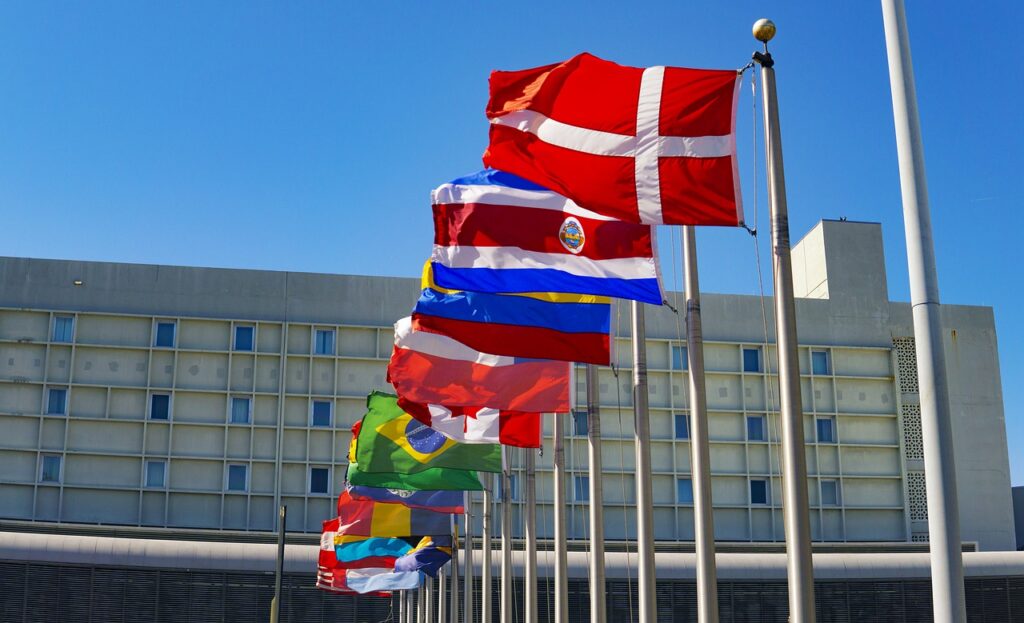This post is just my experience as an ETA grantee. If you’re interested in research instead, check out my friend’s Fulbright blog!

Ah, so I see you’re interested in pursuing a Fulbright… that’s great!!!
The Fulbright application can be overwhelming, but hopefully, I can help break it down and set you on the right path!
I feel like it’s important to mention that even though Fulbright is really competitive, don’t let that stop you from applying. The application forces you to figure out who you are, how you got here, and why your goals are so important. You’ll discover so much about yourself in the process that even without winning the scholarship, you’ll still have gained a lot.
What is Fulbright?
Fulbright is a prestigious international exchange program that awards scholarships to recent graduates and graduate students. You can teach English, do research, and even do master’s programs in over 140 countries.
The Fulbright program was started after WWII in order to foster intercultural exchange and understanding to prevent a tragedy like that from ever happening again.
If you’d like to learn more about the Fulbright program and the grants it offers, check out their website here!
The Fulbright Application
The application consists of several parts:
- Basic applicant information
- A few short essays about your plans in the country and after returning
- Academic history + transcript
- Extracurriculars/ Honors/ Publications/ etc.
- Experience abroad
- Language Evaluation
- Statement of Grant Purpose
- Personal Statement
- Letters of Recommendation
Generally, the Personal Statement (PS) and Statement of Grant Purpose (SGP) are the most important parts of your application, so you’ll spend most of your time working on those.
The Timeline
The online application opens in March and closes in October. If you apply through your university, then pay attention to any campus deadlines, which are typically in August and September.
In terms of working on the application, I started planning my application about a year in advance. I met with my university’s scholarship advisors and found opportunities to strengthen my application.
Starting early is really helpful because if there are any gaps in your application, you’ll have time to fix them (I’ll talk more about this later, too).
In terms of my PS and SGP, I started working on my essays around May of the year I was applying. So, I spent about five months writing my essays.
What They’re Looking For
There are certain things that Fulbright looks for in ETA applicants:
- An academic commitment to the chosen country (Have you majored or minored in something related to that country?)
- Strong leadership experience (Resident assistants, camp counselors, mentors, etc.)
- Teaching experience (tutoring, teaching English, etc.)
- Language proficiency (Can you speak the predominant language of that country at an intermediate level?)
- Commitment to cultural exchange (Do you have an interest in or connection to other cultures? Are you in intercultural organizations?)
- Will you be a good representative of the United States? (Clean disciplinary record, good grades)
- A compelling reason to go to your chosen country (Going because it’s fun or just to learn a language won’t cut it)
If you don’t have all of these qualifications, don’t panic. I didn’t have all of them, either. But, you should be doing your best to make up for the ones you don’t have.
For example, I applied to Spain, but I didn’t major or minor in Spanish/ European Studies (big yikes). I also hadn’t taken a Spanish class since high school (even bigger yikes).
So, I enrolled in an advanced Spanish class, joined Spanish Club, and explained in my essays why the country was so important for me.
(Side note: I took Spanish for 4 years in high school, constantly watched Spanish-language movies and TV shows, and spoke to my Cuban roommate in Spanish, so my language proficiency was fine.)
Conclusion
Overall, just get started early. Like I mentioned, I gave myself a whole year to figure out what type of grant I wanted and what country was best for me. There is a lot of researching and preparation involved, so just give yourself time to learn and grow.
If your university has Fulbright or National Scholarship mentors, talk to them the year before you apply. They have seen all the applications from your school, so they know how to help you be competitive.
If you’re doubting yourself, so did I. I never thought of myself as being someone who could win a prestigious scholarship, and I almost didn’t apply at all. I thought, “why would I apply to this? There’s no way I’m good enough, and getting rejected will just confirm that.” And I won. Please don’t select yourself out. You can do this. I believe in you.

